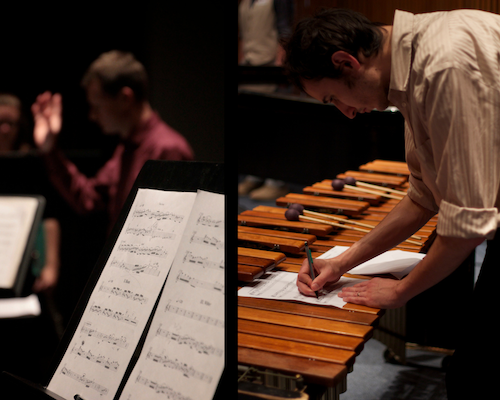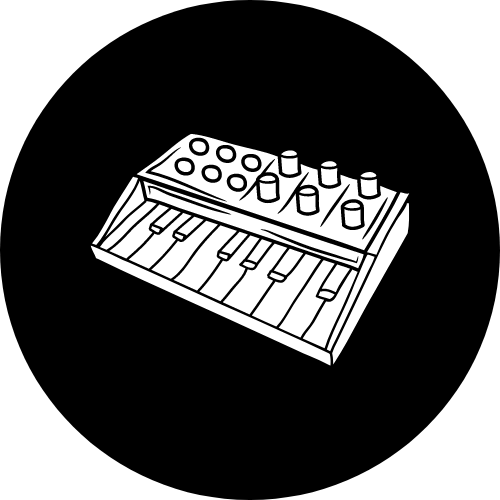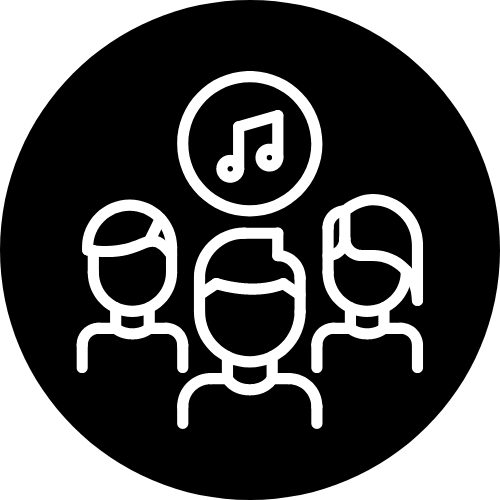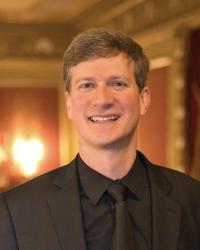Bachelor of Music in Composition
The University of Missouri offers unprecedented opportunities for young composers to discover and craft their musical voices.

The University of Missouri offers a wide array of classes in composition, a forum to collaborate with artists working in various mediums, projects to engage the community in the creative process, and numerous opportunities for students to have their works performed on and off campus. Mizzou is one of the only programs that offers full 4-year scholarships to undergraduate composition students. The graduate New Music Ensemble is dedicated to performing works of student composers studying at MU. The annual Sinquefield Composition Prize gives one student the opportunity to have a work for large ensemble performed at the annual Chancellor’s Arts Showcase. In addition, the composition area has a Student Composers Concert each spring and a Composition Seminar to exchange ideas.
Incoming students may be admitted to the composition program after a review of sample compositions and an interview with the composition faculty (normally on one of the Mizzou Music Days). This is in addition to an audition on the major instrument/voice, which is required of all prospective music majors. Current music majors not previously admitted to composition may apply to enter the composition program by contacting the coordinator of the composition area no later than April 1 and arranging an interview to review previous course work and a composition portfolio. In addition, a grade of B or higher must have been achieved in all composition and theory courses.
Program Outcomes
- Develop proficiency in identifying the elements of music and apply this knowledge in composition, education, performance, and research.
- Examine and evaluate the historical, cultural, and social contexts that shape music and its impact.
- Create original compositions across diverse musical genres and styles, utilizing advanced techniques in harmony, counterpoint, form, orchestration, and electronic music production.
- Develop skills in score preparation, notation software, and digital audio workstations, effectively communicating musical ideas and collaborating with performers to realize compositions.
- Present compositions in public forums, such as recitals, concerts, and readings, incorporating feedback from peers, instructors, and guest composers to refine and enhance creative works.
- Cultivate collaborative skills essential for composition, education, performance, and research.
- Develop pedagogical expertise to effectively teach music across diverse learning environments.








